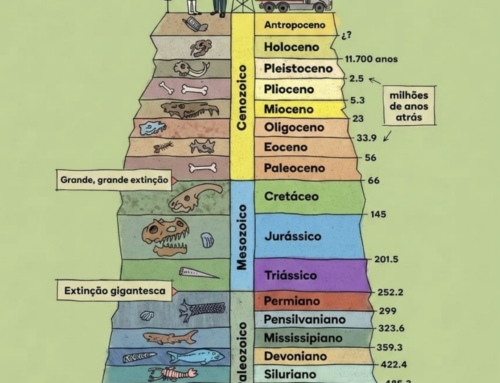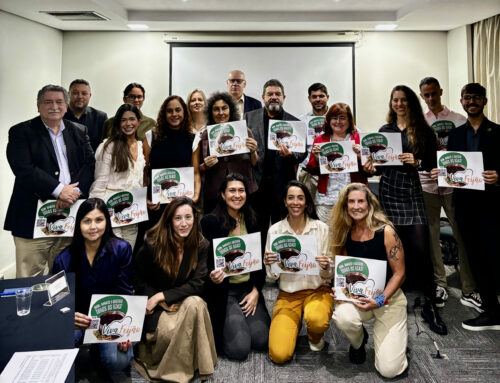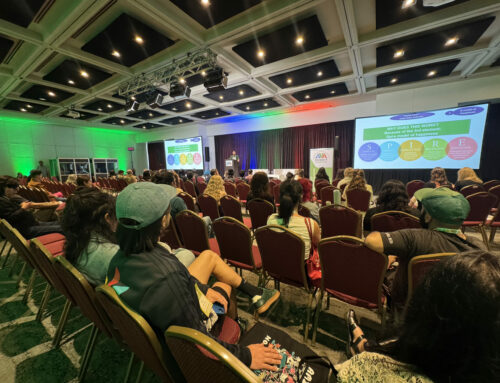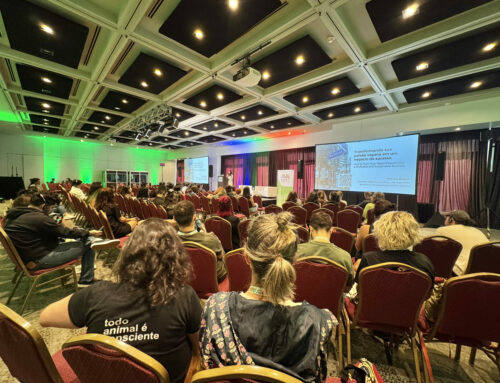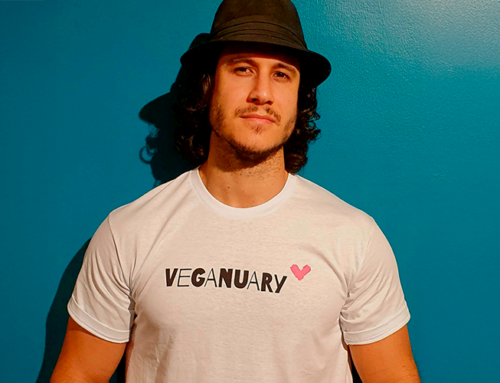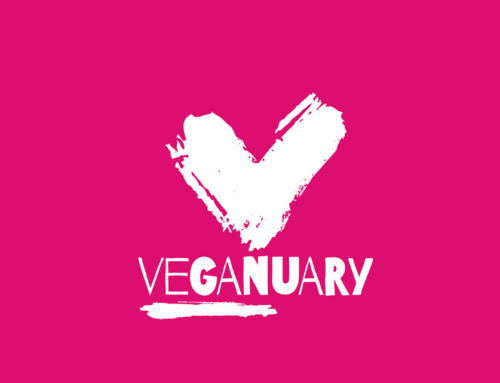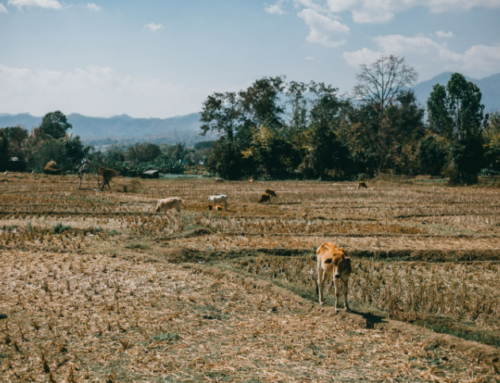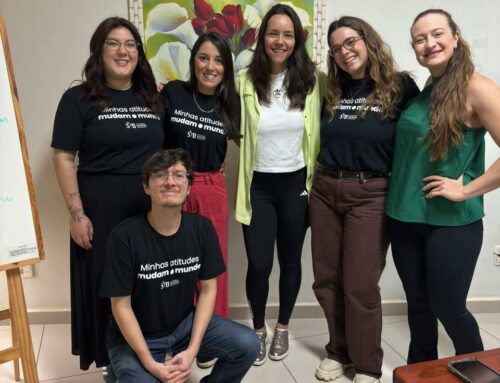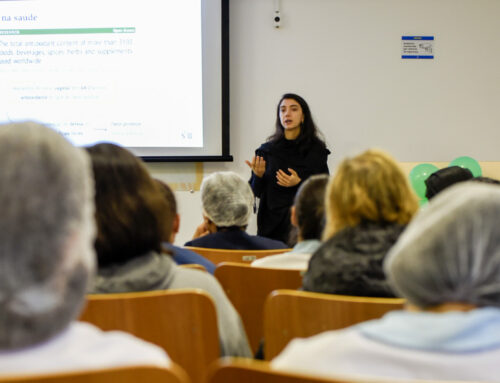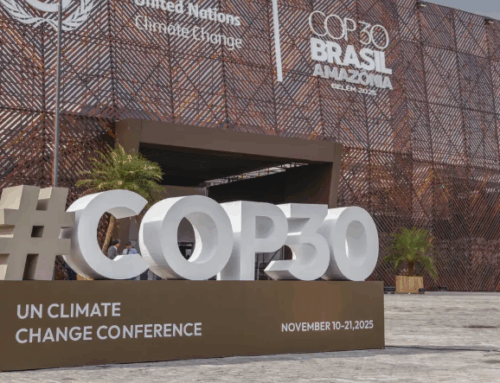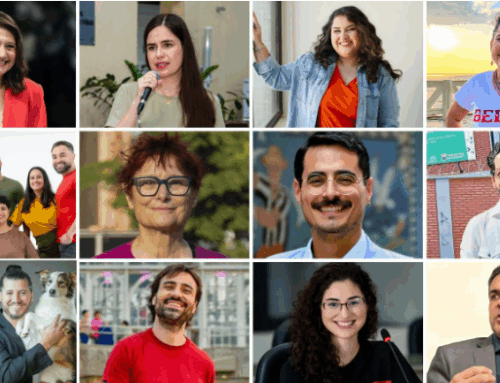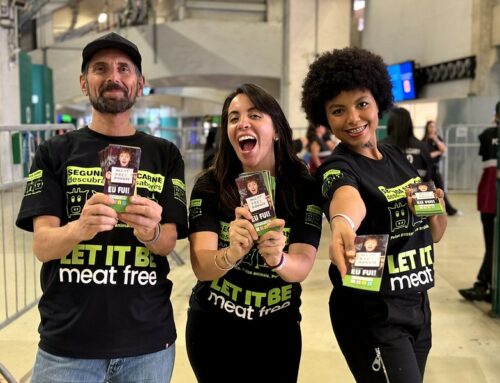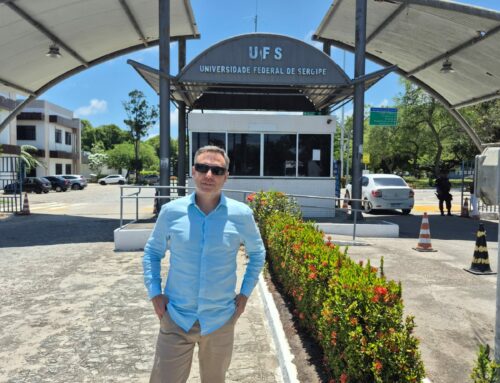Notícias
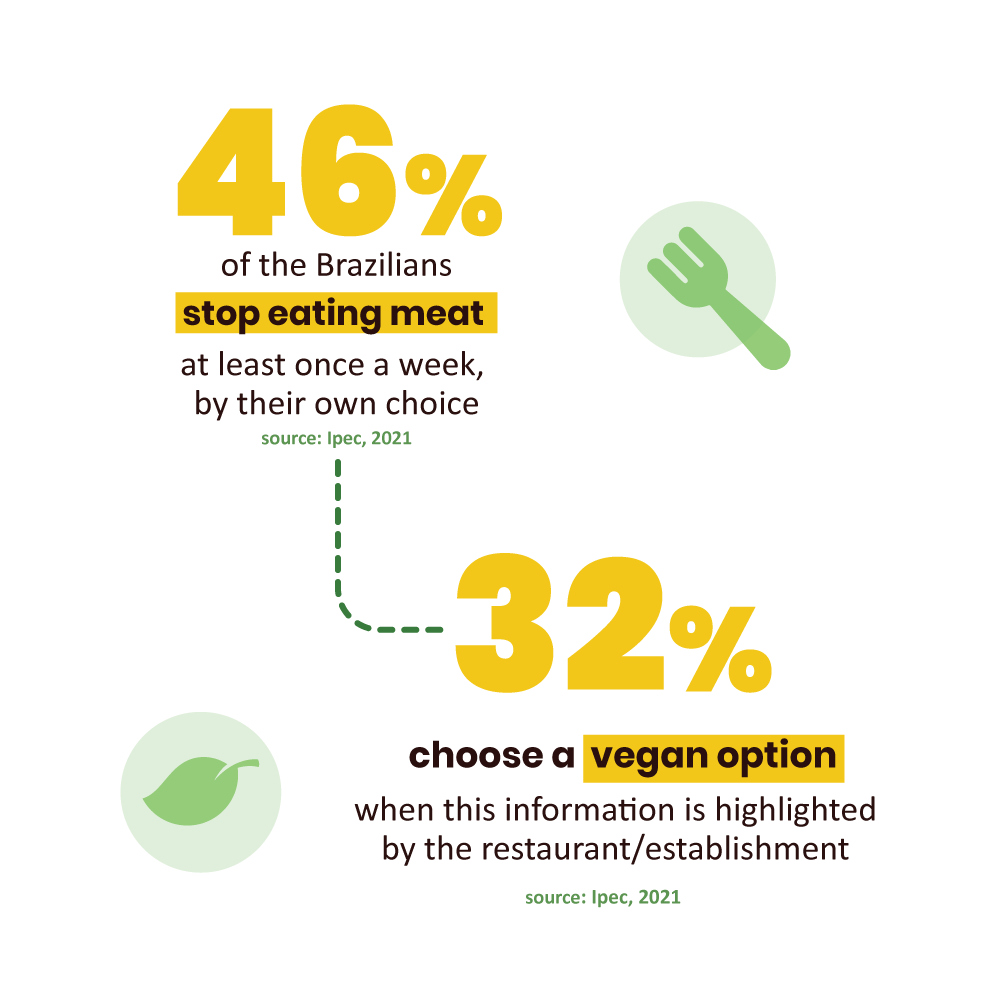
22/09/2022
Brazilians reduce meat consumption; establishments adapt themselves, reveal IPEC (Intelligence in Research and Consultant, in Portuguese).
Compartilhe
According to IPEC research, old Ibope Inteligência in Brazil), more than 30% of Brazilian people already choose vegan options in restaurants and other establishments; almost half of those interviewed do not consume meat for one or more days a week by their own choice.
The change in the consumption profile of the Brazilian population is changing the market known as “food service”, related to food business outside the home such as bars, restaurants, cafeterias, and others. The study, commissioned by Sociedade Vegetariana Brasileira (SVB), was realized by IPEC, old Ibope Inteligência, in February of 2021, with Brazilians residing in all regions of the country. The results show that one-third of Brazilians already choose vegan options on the menus of restaurants and cafeterias. Moreover, 46% of Brazilians already stopped eating meat, by their own choice, at least once a week. Access research full data here.
“What is happening is that, in addition to the vegetarian portion of the population, the portion who tries to reduce their meat and meat products consumption are growing fast. In one, two, three, or many days a week, the Brazilians have chosen vegetarian or vegan meals”, observes Ricardo Laurino, president of SVB. He evaluates that a big portion of this universe (46% of the population, according to IPEC) are the supporters of Meatless Monday, a movement that has happened in Brazil since 2009 and invites people to change, for at least one day a week, animal protein for vegetable protein. The movement is known worldwide by your ambassador Paul McCartney, but Brazil is recognized by having “the biggest Meatless Monday” in the whole world – present in corporate cafeterias, public and private schools, restaurants, and other organizations, and has served more than 300 million meals with vegetable protein source since its launch.
“The idea of the campaign is not to take something off the plate, but to add”, explains Mônica Buava, executive director of SVB. “There are a huge variety of food kinds produced by Brazilian family farming which are not being enjoyed by a large part of the population, and all those who start doing Meatless Monday or another similar movement, are impressed with the discovery of new flavors and new possible combinations”. She also highlights that rice and beans lost space in the center of the plate of Brazilians over the last 20 years, but the valorization of vegetables has been bringing a resumption of this protagonism.
Vegan Option
Even though there still exists a lot of unmet demand, the offer of restaurants has been growing very quickly. A map of SVB shows thousands of addresses that already offer good vegan options (www.ondetemopcaovegana.com.br). Named as “Where it Has Vegan Option”, the resource gathers more than 3,2 thousand establishments in Brazil. In case any establishment is known by the public and it is not on this map, it is possible to request its inclusion in this link.
The result of the study realized this year was impressive, and in 2018 SVB had already delivered another research – with the same institute – which numbers pointed out that 14% of Brazilian people considered themselves as vegetarians, and the majority of the population was already willing to choose more vegan products.
Mônica adds that the evolution of restaurant menus to a bigger variety of plant-based products is a huge opportunity for the resumption of restaurants at the end of the Covid-19 pandemic. “With a menu more centered in plant-based options, the restaurant will be able to attract this huge base of clients shown by the research, and at the same time to reduce their costs with the most expensive ingredients, such as meat and cheese”.
To adapt to this new reality and offer vegan options on the menus, the restaurants do not need to make any investment, buy new appliances or apply new techniques. They can offer simple and traditional combinations, easily using the same ingredients available in the restaurant. “However there has been an evolution of cooking centered in plants, with techniques which evidence flavors – and the consumer is increasingly greedy for something that is tasty, good to the planet and is affordable”, explains Mônica. It is important, as well, that the restaurants are aware to have inclusive options, that is, vegan options because they contemplate the biggest portion possible of the public – vegetarians, vegan, “flexitarians” and others.
Vegetable Proteins
The increase of market appetizers for vegan proteins has mobilized the productive sectors. Brazil, which already annually produces 250 million tons of grains, has transformed a portion of these grains into “plant-based meat”, converting the grain into the final product at high efficiency, without the costly feed conversion ratio implied when using grains to feed farm animals. Today, some of the most active companies in the plant-based meat global market are right here.
“This is a clear sign of the behavior change of Brazilians in relation to consumption of meat”, comments Ricardo. “And it also reveals that there exists a huge opportunity for food brands which have good vegan options in their menus and portfolios”, concludes.
About Sociedade Vegetariana Brasileira
Founded in 2003, the Sociedade Vegetariana Brasileira (SVB) is a non-profit organization that promotes vegetarian food as an ethical, healthy, sustainable, and socially fair choice. Through campaigns, covenants, events, research, and activism, SVB realizes consciousness about the benefits of vegetarianism and works to increase the population’s access to vegetarian products and services. For more information, access www.svb.org.br or our Instagram, Facebook, and YouTube profiles.


